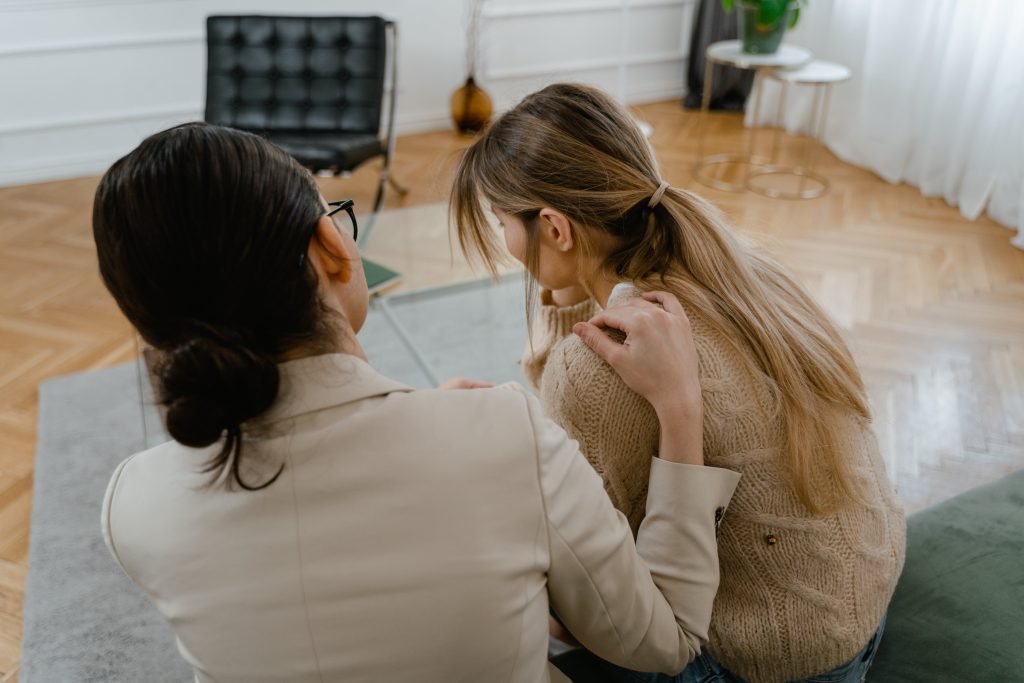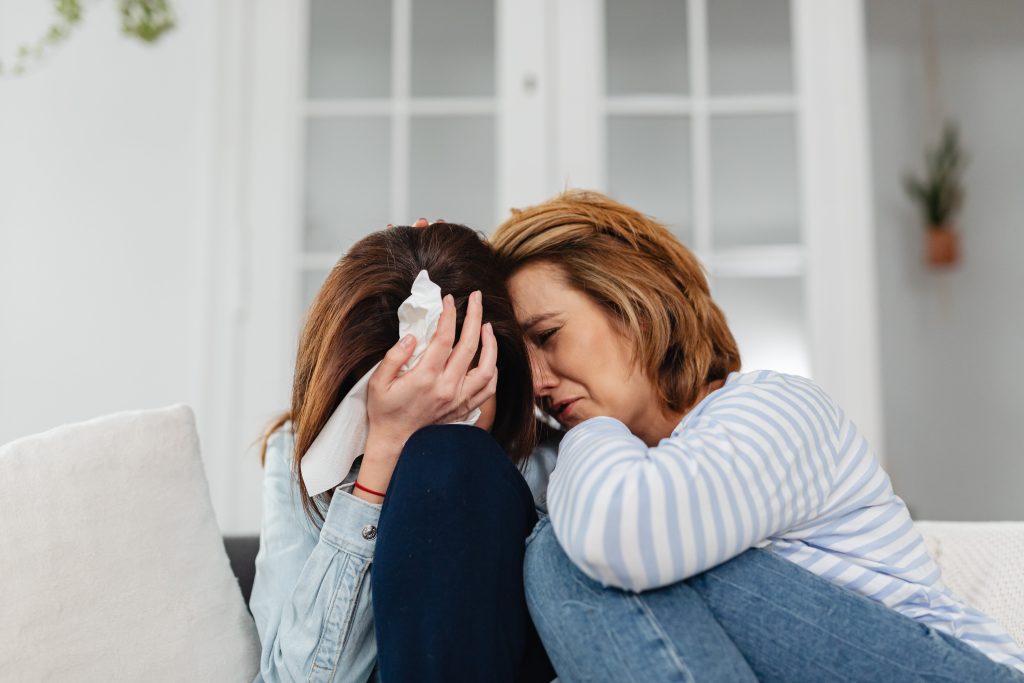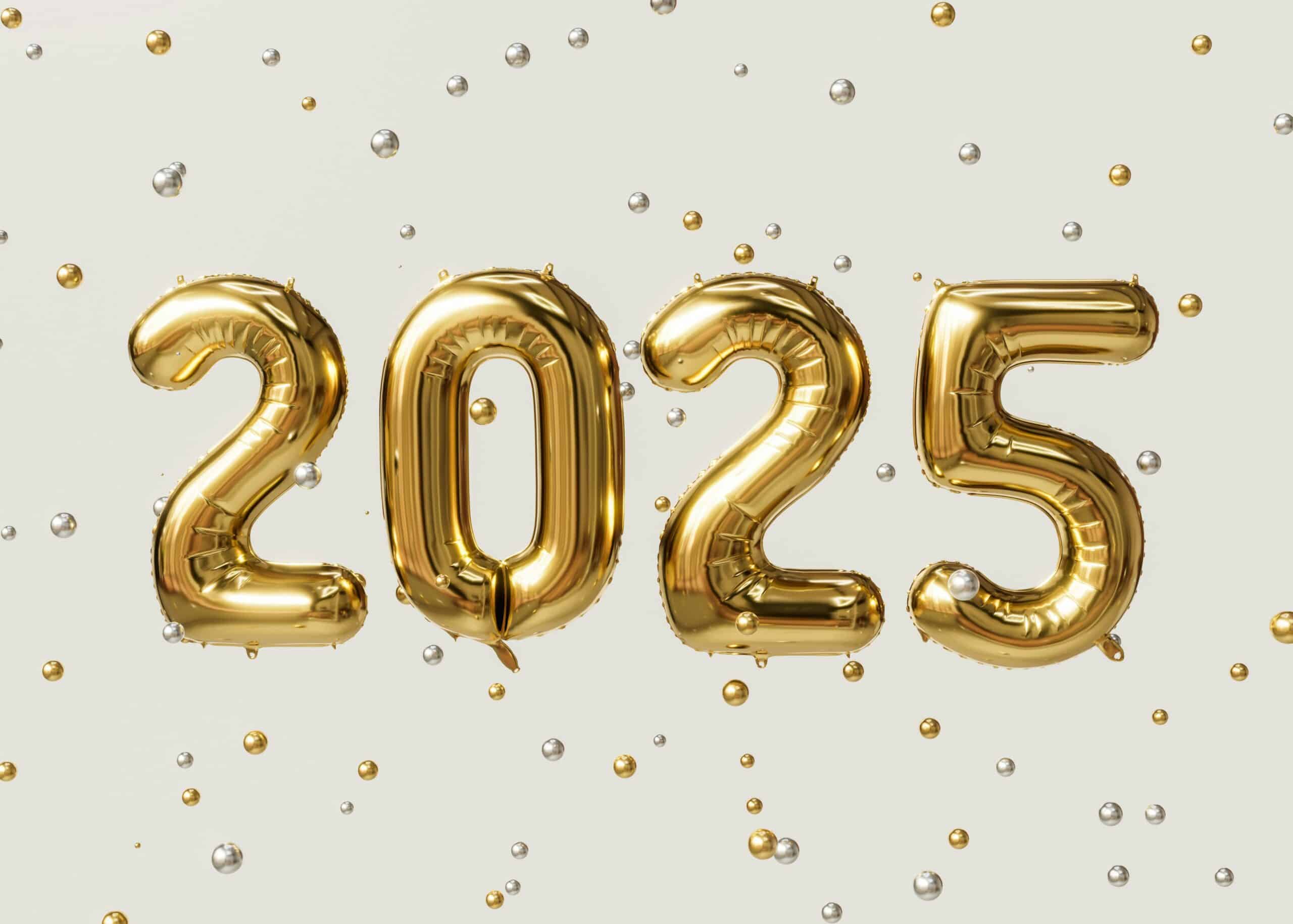17 Signs of a One-Sided Friendship
At their best, friendships can be one of the most valuable and enriching aspects of our lives. But at their worst, they can be one of the most emotionally draining experiences. One-sided friendships are difficult to navigate, particularly if you were once very close. They can lead to feelings of loneliness, unmet expectations, and emotional exhaustion.

At their best, friendships can be one of the most valuable and enriching aspects of our lives. But at their worst, they can be one of the most emotionally draining experiences. One-sided friendships are difficult to navigate, particularly if you were once very close. They can lead to feelings of loneliness, unmet expectations, and emotional exhaustion.
One-sided friendships are different from toxic friendships, although there can be overlap. It’s worth noting that one-sided friendships don’t necessarily mean that either of you is a bad person. We’ll delve further into this later on, but it’s important to recognize that it may be that your friend is simply prioritizing other things in their life at this point in time.
It’s important to recognize when you may be in a one-sided friendship and to take steps to remedy the situation.
17 signs you are in a one-sided friendship
When you’re in a one-sided friendship, it can feel like you’re always the one putting in all the effort, and you never seem to get anything back in return. Here are 17 signs that your friendship is one-sided.
1. You’re always the one reaching out.
Whether it’s to make plans or you’re just saying “hello”, in one-sided friendships, you can find yourself having to initiate every conversation and make all the plans. Even when you have something big going on in your life, your friend may not be interested in hearing about it.
2. You’re always the one apologizing.
Do you feel like you have to constantly apologize for your behavior or words? If you’re always the one saying sorry, this could be a sign that you’re in an unbalanced friendship. It can indicate that you’re being held to different standards than your friend is, which isn’t fair.

3. Your friend only talks about themselves.
If you’re in a one-sided friendship, you’ll notice that your conversations always revolve around them, and you never get an opportunity to discuss what’s going on in your life. You may never feel like you get a chance to talk about yourself or share your own experiences. If your friend is always getting all of the airtime, it’s a cause for concern.
4. Your friend rarely asks how you’re doing.
If your friend never checks in to see how you’re doing or how your day is going, it could be an indication that the friendship is one-sided. In a balanced friendship, both parties will want to know how the other is getting on and what is going on. It’s a natural part of building a connection with someone.
5. You make excuses for them.
If you find yourself constantly making excuses for your friend’s behavior or words, it could be a sign that the friendship isn’t healthy. You shouldn’t have to make excuses for someone’s behavior or words in any kind of relationship. Essentially, this is a sign that they are behaving inappropriately and you are covering for them.
6. Your friend cancels plans often.
Does your friend seem to always have an excuse for why they can’t hang out? If your friend is constantly canceling plans or forgetting to follow through, it could be a sign that they don’t value your friendship as much as you do. This can make you feel unimportant.
7. You feel drained after you see them.
If you’re always the one doing all the work, it can leave you feeling drained and exhausted after seeing your friend. If you walk away feeling like your efforts weren’t appreciated, it could be a sign that things are unbalanced in your friendship. A healthy friendship should bring positivity to your life most of the time.
8. You don’t feel heard or seen.
When you’re in a balanced friendship, you should feel like your feelings and opinions are being heard. If you don’t feel like this is the case, it could be a sign that your friend isn’t putting in the effort to understand your perspective or to understand you as a person.
9. You notice a pattern of empty promises.
In one-sided friendships, you may find that your friend makes promises to do things but never follows through. If this is a pattern, it can indicate that your friend doesn’t value you or your friendship enough to follow through on what they agreed.

10. Your feelings are often invalidated.
Your feelings should be respected and validated in any kind of friendship. If your friend regularly belittles or mocks your feelings, it can be a sign that the friendship isn’t healthy for you. This can arise from a lack of empathy or understanding. Or it could simply be that they don’t care.
11. You can’t be yourself around them.
In a healthy friendship, you should feel like you can be your authentic self. If you find that you’re constantly putting on a show or hiding things from your friend, it’s a sign that you are pretending to be someone you’re not. This could be because you feel like they won’t accept the real you.
12. You are always walking on eggshells around them.
If you feel like you have to watch every word that comes out of your mouth around your friend, it could be a sign of an unbalanced relationship. Healthy, balanced friendships should feel natural and comfortable. If you are constantly worried about offending them or setting them off, it’s a red flag.

13. Your friend is always putting themselves first.
In a healthy friendship, both parties should be able to find a balance between ensuring their own needs and their friend’s needs are fulfilled. This sometimes involves compromise, but if you both value your friendship, this shouldn’t feel like a chore. If they only consider their own needs, it can be a sign of a one-sided friendship.
14. Your friend only replies when they’re bored.
If your friend only ever reaches out or replies to you when they’re bored or have nothing else to do, it’s a sign that they don’t truly value your presence in their life. It means that you are low down on their list of priorities, and they are using you for entertainment when they don’t have other options available.
15. You can’t rely on them for emotional support.
Emotional support is an important part of any friendship. It’s a red flag when a friend isn’t available for emotional support or if you can’t count on them to be there when you need them. Trust is essential in relationships of all kinds. Without trust, you aren’t able to share a deep bond.
16. You don’t feel a strong sense of connection.
It’s only possible to feel a strong sense of connection when a friendship is a two-way thing. If you don’t feel a connection to your friend, it could be because they aren’t putting in the effort to build a meaningful relationship.
17. Your friend keeps you at arm’s length.
If you’d like to feel closer to your friend, but they seem to be keeping you at arm’s length, it could be a sign of a one-sided friendship. Essentially, it can indicate that they don’t want a close relationship with you. This could be for a variety of reasons, and it might not have anything to do with you. It could simply be that they’re busy.
One-sided friendships can creep up on you slowly, which means they can be difficult to spot. Taking time to reflect on your friendship can help you decide if it’s balanced and healthy.
Reasons for one-sided friendships
One-sided friendships don’t always start out that way. They can shift over time. The reasons behind them can be split into two buckets: healthy and unhealthy reasons.
If your friendship is one-sided for unhealthy reasons, it can imply that your relationship with that person is toxic. The most common unhealthy reasons include a lack of empathy, entitlement, fear of rejection, low self-esteem, and a lack of awareness.
In some cases, they could be using you for their own self-serving purposes. This ranges from more superficial reasons, such as wanting to branch out into a social circle, or deeper reasons, such as needing emotional support but never returning the favor.
Either way, in one-sided friendships, one person is getting more than they’re giving. And vice versa. While it’s important to be kind and generous with your friends, it’s also important to make sure that your needs are being met, too.
However, if your friendship is one-sided as a result of healthy reasons, it could mean that you’re in a period where you are drifting apart. Healthy reasons include your friend prioritizing other fulfilling things in their life, such as a work project or a new baby. It doesn’t mean that they are trying to cause harm or that they are trying to control you.

Essentially, when a friendship is one-sided, it doesn’t necessarily mean that either person is a bad friend. It simply means that the two of you are not getting what you need out of the relationship. This may not make the situation any easier, though.
One of the most important points to remember is that a one-sided friendship isn’t necessarily a reflection on you. More often than not, it’s to do with the other person’s life circumstances, priorities, or core characteristics.
How to deal with a one-sided friendship
Firstly, remember that friendships evolve over time. Just because it’s one-sided right now, it doesn’t mean it has to stay that way. That being said, you should still address it if it’s upsetting you or impacting you negatively in any way.
The first step is to talk about it in an honest and direct manner. Make sure to keep it kind and considerate, but don’t be afraid to express how you feel. You can explain that you feel like the friendship isn’t balanced and that you’d appreciate it if they put in more effort. This can sometimes resolve the issue.

If that doesn’t help, you may want to reduce contact with them or take a break. Give yourself the space to reflect and decide how to move forward. This can help you make the decision on whether or not to stay in the friendship. Sometimes, completely ending the friendship is necessary for your emotional well-being.
If you decide to end the friendship, it doesn’t mean that the friendship was a failure. It simply means that the two of you aren’t a good fit. When ending a one-sided friendship, it’s best to do so in a kind and respectful way. The last thing you want to do is cause unnecessary hurt.
Ultimately, it’s important to take care of yourself and your mental well-being in all relationships. And this sometimes means stepping away from people you care about, either temporarily or permanently.
Final thoughts on one-sided friendships
In conclusion, it is important to recognize when a friendship is one-sided and to be aware of the reasons why this can happen. Staying in a one-sided friendship can be damaging to your mental health and well-being.
If the other person isn’t willing or able to invest in a healthy relationship, it may be necessary to distance yourself, either for the time being or indefinitely.
While it can be hard to end a friendship, doing so will allow you to make room for healthier and more balanced friendships or other things that you find fulfilling.
At the end of the day, forming healthier connections with people who will reciprocate your love and care are essential for a sense of belonging and happiness.
If you liked this post, you may also enjoy 11 Signs of a Toxic Friendship or our Ultimate Guide to Friendships.




